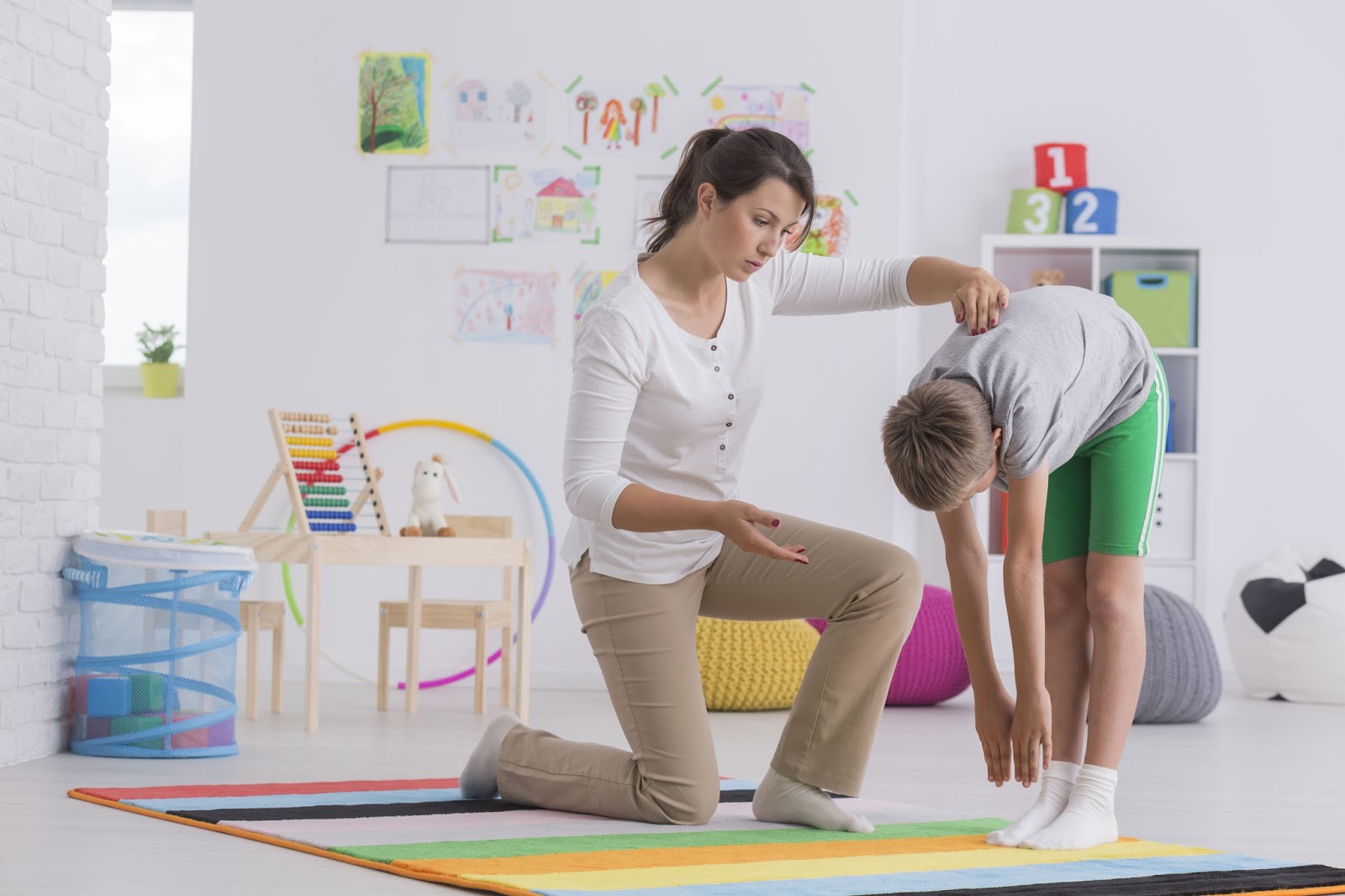Social and Emotional Learning (SEL) programs are designed to help children develop a range of skills that support their social and emotional well-being.
Social and Emotional Learning (SEL) programs are educational approaches that are designed to help children develop a wide range of skills that can support their social and emotional well-being. These programs are typically offered in schools and other educational settings, and they are intended to help students develop skills such as self-awareness, self-management, social awareness, relationship skills, and responsible decision-making.
The goal of SEL programs is to help children build a strong foundation of social and emotional skills that can help them succeed academically, personally, and professionally. By providing students with opportunities to develop these skills, SEL programs can help students better manage their emotions, build stronger relationships with others, and make better decisions in their lives. Additionally, research has shown that SEL programs can help reduce problem behaviors such as aggression, substance abuse, and delinquency, and can improve academic outcomes such as grades and test scores.
These skills include:
Self-awareness: The ability to recognize and understand one’s own emotions, thoughts, and values.
Self-awareness is a key component of Social and Emotional Learning (SEL) programs, and it involves the ability to recognize and understand one’s own emotions, thoughts, and values. When children develop self-awareness, they can better understand why they feel certain emotions, identify their own strengths and weaknesses, and develop a more positive self-image. This can help them navigate their emotions and behaviors more effectively, leading to better decision-making, stronger relationships, and improved mental health and well-being. SEL programs can provide children with tools and strategies to develop self-awareness, such as journaling, mindfulness exercises, and self-reflection activities.
Self-management: The ability to regulate one’s emotions, thoughts, and behaviors in different situations.
Self-management refers to an individual’s ability to regulate their emotions, thoughts, and behaviors in different situations. It involves the use of strategies and techniques to manage one’s own internal experiences, such as feelings of anxiety, stress, or anger, as well as external behaviors, such as impulsive actions or unhealthy habits.
Self-management skills can help individuals stay focused and productive, make better decisions, and maintain healthy relationships. Some common strategies for self-management include setting goals, prioritizing tasks, practicing mindfulness or meditation, seeking support from others, and engaging in physical exercise or relaxation techniques.
Effective self-management requires self-awareness, self-reflection, and a commitment to personal growth and development. It is a valuable skill that can be cultivated over time through practice and learning from experience.
Social awareness: The ability to understand and empathize with others’ emotions, perspectives, and situations.
Relationship skills: The ability to communicate effectively, build positive relationships, and work collaboratively with others.
Relationship skills are a set of abilities that enable individuals to communicate effectively, build positive relationships, and work collaboratively with others. These skills are crucial for success in personal and professional settings and are essential for building and maintaining healthy, meaningful relationships.
Effective communication is a key aspect of relationship skills. This involves not only being able to express oneself clearly and articulately but also listening actively and empathetically to others. Good communicators understand the importance of nonverbal cues, tone of voice, and body language in conveying messages and building rapport.
Building positive relationships involves developing trust, respect, and empathy for others. This requires active listening, openness, and a willingness to understand and appreciate different perspectives. Good relationship builders are also able to recognize and manage their own emotions and respond appropriately to the emotions of others.
Working collaboratively with others involves being able to work effectively in teams and to contribute positively to group efforts. This requires a range of skills, including communication, active listening, problem-solving, decision-making, and conflict resolution.
Responsible decision-making: The ability to make constructive and ethical choices about personal behavior and social interactions.
Responsible decision-making is a critical life skill that involves the ability to make constructive and ethical choices about personal behavior and social interactions. It involves a thoughtful and deliberate process of weighing options, considering the potential consequences of different choices, and then making a decision that is respectful of oneself, others, and the community at large.
Responsible decision-making involves several key steps, including:
Identifying the problem or decision to be made: This involves recognizing the need to make a decision and identifying the specific issue or problem that needs to be addressed.
Gathering information: This step involves gathering information about the issue or problem, including the relevant facts, opinions, and perspectives of others.
Considering options: Once sufficient information has been gathered, it is important to consider different options and alternatives for addressing the issue or problem.
Weighing the consequences: Responsible decision-making requires weighing the potential consequences of different options and considering how each choice will impact oneself, others, and the community.
Making a decision: After careful consideration of all options and consequences, a decision can be made.
Taking action: Responsible decision-making also involves taking action based on the decision made and following through on commitments.
Reflecting on the decision: Finally, it is important to reflect on the decision made, evaluate its effectiveness, and learn from any mistakes or successes.
In addition to these core skills, SEL programs may also focus on other areas such as stress management, conflict resolution, problem-solving, goal-setting, and mindfulness. Through SEL, children can learn valuable skills that support their academic and personal success, as well as their mental health and well-being.











